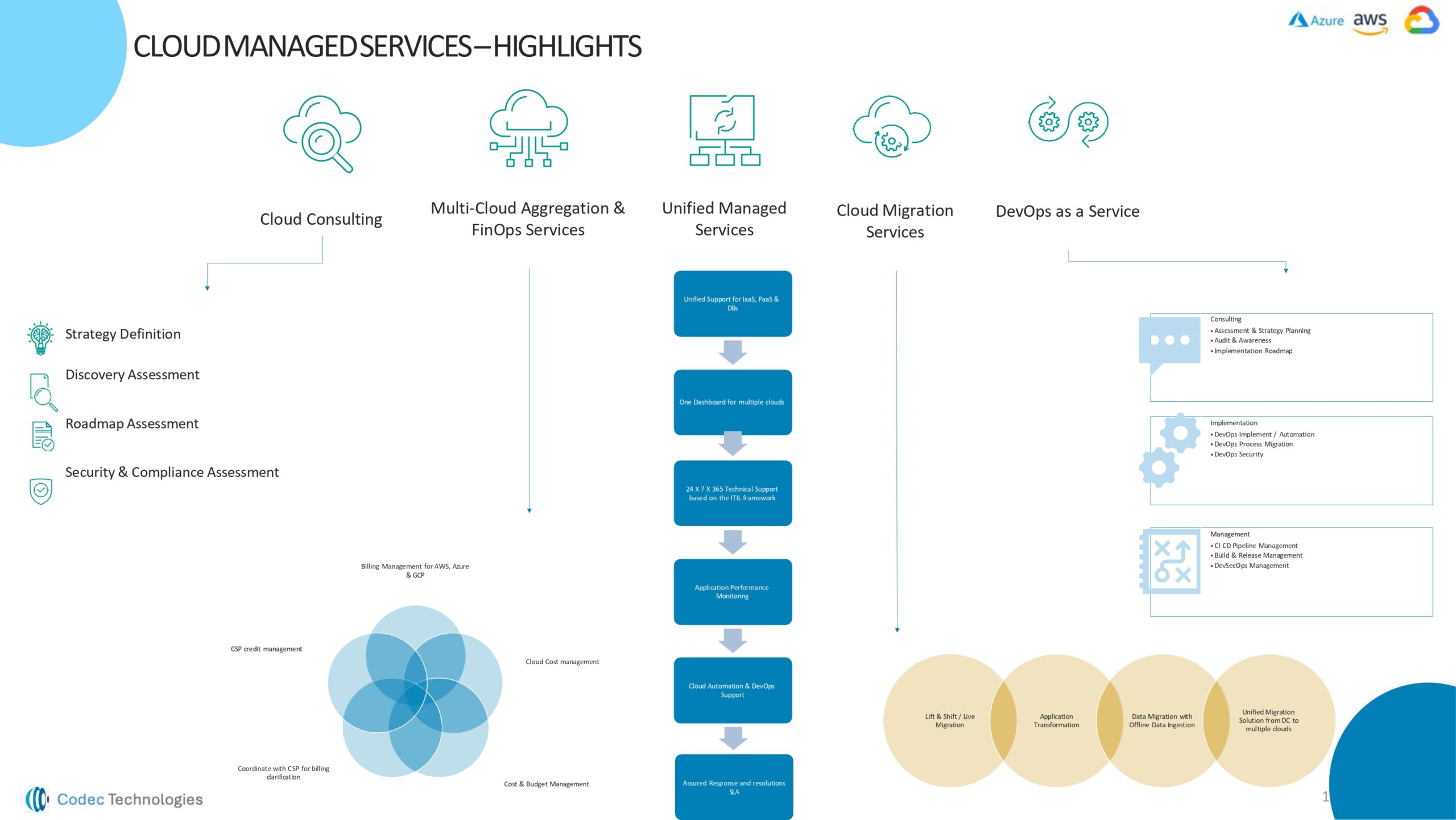- Home
- Cloud Solutions
Cloud Services

SUMMARY
By leveraging these capabilities, Microsoft D365 helps organizations optimize their operations, improve customer satisfaction, and drive business growth.
Microsoft Dynamics 365 (D365) is a comprehensive suite of business applications designed to enhance corporate operations across various sectors. Here are several ways it helps:
1. Integrated Solutions: D365 combines ERP and CRM functionalities, enabling seamless data flow between departments such as finance, sales, and customer service. This integration helps improve collaboration and decision-making.
2. Automation: The platform automates routine tasks and processes, such as invoicing, order management, and customer interactions. This reduces manual work, minimizes errors, and enhances efficiency.
3. Data Analytics: D365 offers powerful analytics and reporting tools that help businesses gain insights into their operations. Organizations can analyze customer behavior, sales trends, and financial performance to make informed decisions.
4. Customization: Businesses can tailor D365 applications to meet their specific needs. Custom workflows, dashboards, and user interfaces can be created, allowing for a more personalized experience.
5. Cloud-Based Accessibility: Being cloud-based, D365 enables access from anywhere, facilitating remote work and real-time collaboration. This flexibility supports modern business practices and enhances productivity.
6. Scalability: As a business grows, D365 can scale with it. Companies can add new functionalities or applications as needed, ensuring that the system evolves in line with business requirements.
7. Enhanced Customer Engagement With tools for managing customer relationships, marketing campaigns, and sales processes, D365 helps businesses build stronger relationships with their customers, leading to improved satisfaction and loyalty.
8. Compliance and Security: D365 includes features that support compliance with industry regulations and standards. Additionally, it offers robust security measures to protect sensitive business data.
9. Supply Chain Management: D365 provides tools for managing inventory, procurement, and logistics. This helps streamline supply chain operations, reducing costs and improving service levels.
10. Financial Management: The financial management features allow for effective budgeting, forecasting, and reporting, giving organizations better control over their financial health.


